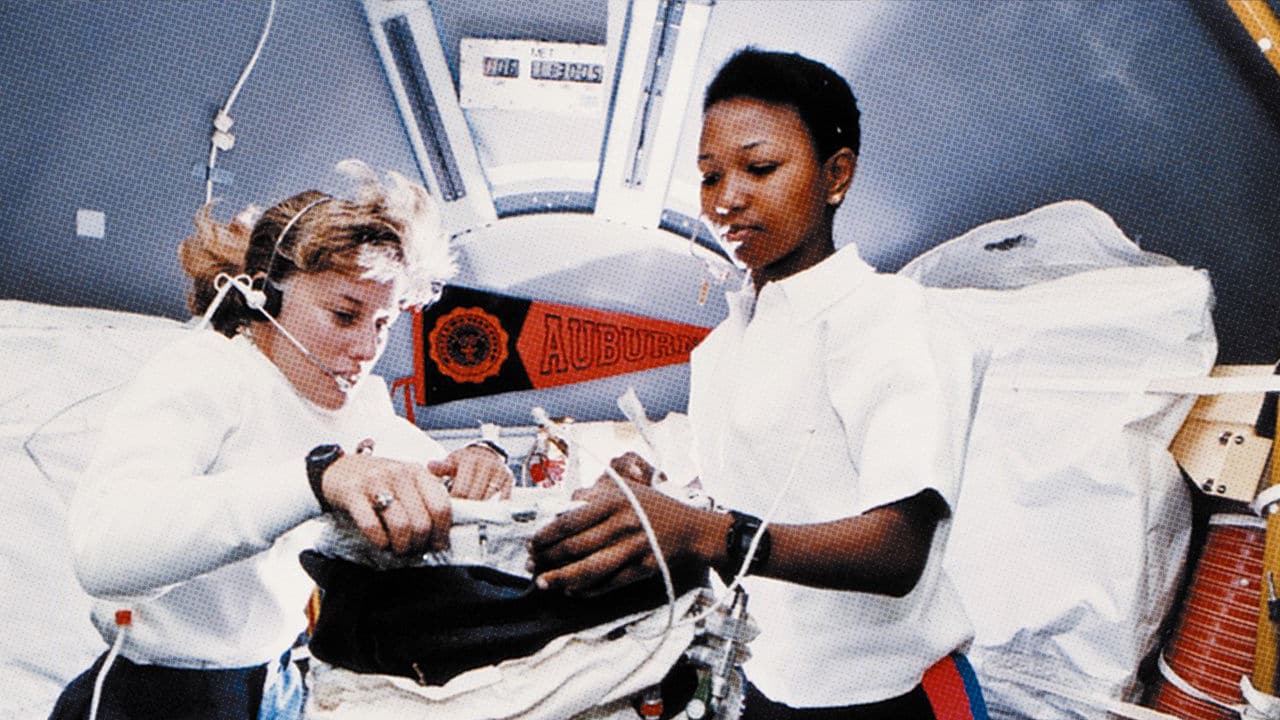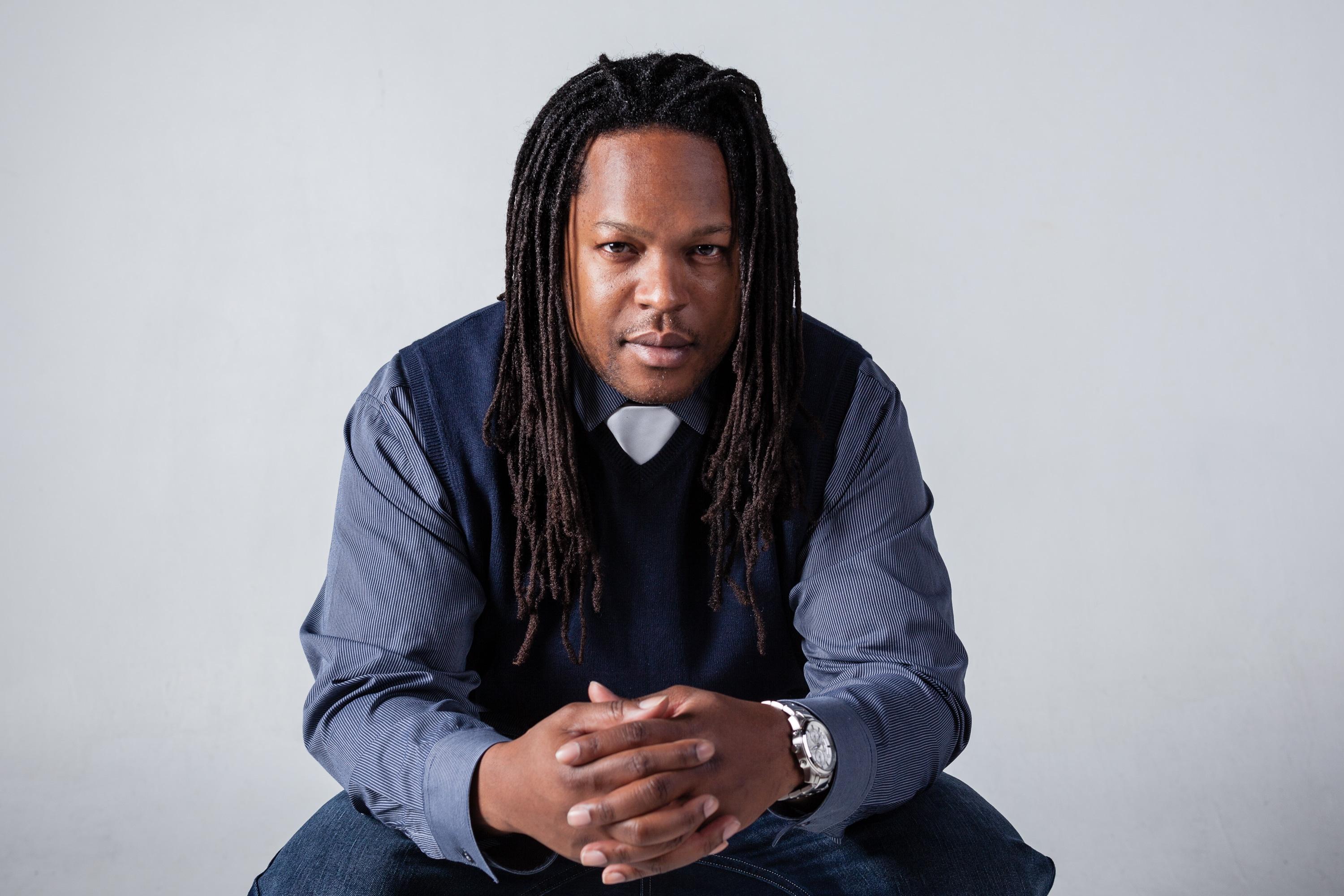
Spelman College puts spotlight on women of color in the digital space
May 31, 2015
First black female astronaut on fear, audacity and the importance of inclusion
June 2, 2015Shaka Senghor: convicted murderer-turned-grassroots activist
Shaka Senghor is a convicted killer. He is also a writer, mentor and sought-after motivational speaker.
It is this weight of his past jarringly juxtaposed with hopes for the future that’s dominated his life for more than two decades.
“It’s been an uphill battle,” says Senghor, who was released from prison in 2010. “I’ve battled every step of the way.”
“I’ve encountered multiple obstacles, from job employment to housing and the emotional transition of coming back to a very different world.”

Shaka Senghor: convicted murderer-turned-grassroots activist
How his life spiraled out of control is an all too familiar tale. Born and raised on streets the of Detroit, Senghor was conditioned to be tough.
Then his parents decided to separate, eventually leading to a divorce. He never fully bounced back.
Still, it was a violent incident at the age of seventeen that was the deadly trigger.
Senghor was shot three times standing on the corner of his block. He recovered physically but didn’t receive counseling and became a young man full of anger and despair. In retrospect he believes his shooting may have led to untreated post-traumatic stress.
Two years later at nineteen, Senghor shot and killed a man during a drug-related confrontation. He was jailed for second-degree murder.
During two decades of incarceration, Senghor began to work on turning around his life. He became an avid reader, starting with The Autobiography of Malcolm X. He discovered a love for literature and writing, eventually finding his purpose.
It was the start of a years-long road to redemption with obstacles every step of the way.
For five years Senghor, now 43, has been a free man, but he says, “It hasn’t been an easy road by any stretch of the imagination.”
Senghor has found his redemption through helping young people
Senghor got his second chance when he was invited to serve as a national outreach representative for Black Male Engagement (BMe), a network of African-American men engaged in their communities.
Now he has found his redemption through helping others change their lives. He uses his story to inspire and unravel the cause of youth violence
Reaching out to young men following his same troubled path, Senghor founded Live in Peace Digital and Literary Arts Project. The initiative involves going into Detroit high schools to coach high-risk youth to fully express their life stories though art.
“I want to use my experience to help young people take a different route,” says Senghor, “I want to use my story of redemption as a catalyst to help others avoid the path I took as a youth.”
“I would never want another family to suffer the way that my victim’s family suffered. I would not want another young person to have to carry the weight of knowing that they’ve caused someone’s death.”
His grassroots activism attracted the attention of the MIT Media Lab, and as a Director’s Fellow, Senghor has collaborated on imagining creative solutions for the problems plaguing distressed communities.
A version has been taken into the University of Michigan, where Senghor jointly teaches a course entitled The Atonement Project. More recently he’s been involved in the #Cut50 initiative. Launched earlier this year, it aims to transform the justice system by cutting the U.S. prison population in half by 2025.
I am very accountable for the decision I took that night
“I am very accountable for the decision I took that night. However, I just understand it in a very different way than I did 20 plus years ago.”
Senghor is also in the process of setting up a non-profit to help ex-felons transition back into the community. His memoir, Writing My Wrongs, was published in 2013.
“Our misdeeds shouldn’t define us for the rest of your lives,” says Senghor. “Men and women shouldn’t be hostage to their past.”
Senghor’s voice reached a global audience last summer. His bite-sized lecture on the internationally renowned TED talks and speakers circuit was broadcast amid social media chatter.
Ironically, Senghor was slated to talk out of TED’s new location in Vancouver but was denied entry into Canada because of his conviction. His lecture was held at a smaller U.S. venue but streamed live to the main stage, with a larger audience.
Filmed in March, but broadcast in late June, Senghor’s talk entitled, “Why your worst deeds don’t define you” has understandably created a buzz.
His ideas are simple and clear. Transformation is possible no matter what we’ve done or how much we’ve fallen short.
Senghor also used the global platform to elevate the conversation about mass incarceration, with passionate views about the U.S. penal system.
America’s policy of mass incarceration, especially rates for African-American males, is disturbing. Prisons are a business and they do not rehabilitate, he says.
“We have 2.5 million men and women who’re incarcerated. We have millions more who are on parole, probation, and who are being disenfranchised because they’ve felonies.”
“They’re being left out of the job market, unfair housing practices, in some states they can’t vote. It think that it’s time for us to have a conversation about how do we deal with men and women who’re returning to society after they’ve been incarcerated.”
“What it means to really repay your debts to society. What it means to really get a second chance. Transformation shouldn’t be left to chance or luck.”
“It’s one of America’s greatest shames that over 50 percent of the prison population is represented by black people, who make up less than 14 percent of the overall population, “ he says.
“It’s a new form of slavery. You’ve big businesses profiting off cheap labor, often times free labor. When I worked in prison I worked for 17 cents an hour, which is essentially the wages of a person who has been enslaved.”







